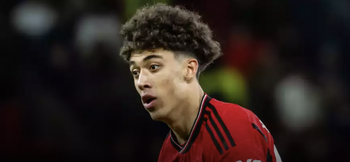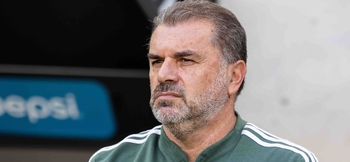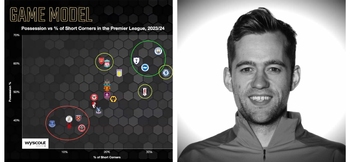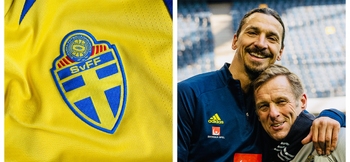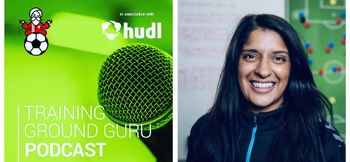Dr Sean Cumming: Why placements make a difference
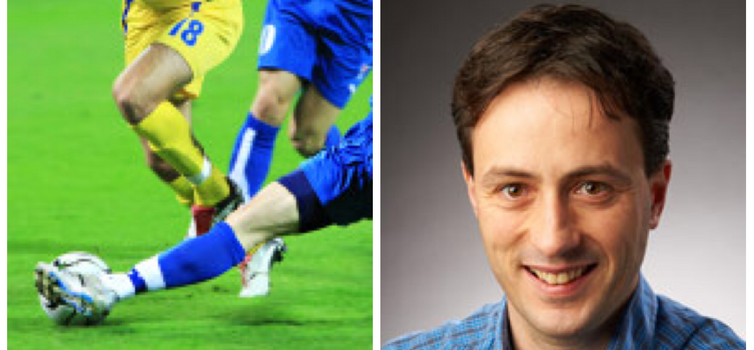
Dr Cumming oversees placements for students at Bath University
Written by Simon Austin — November 7, 2017
AN undergraduate placement at a football club can be the difference between a career in the pro game... or not.
Tony Strudwick, Manchester United’s Head of Performance, says up to 15,000 students graduate from sports science courses each year. With so many strong candidates to choose from (the entry requirements for the sports and exercise sciences course at Bath University are AAA, for example), a successful work placement can differentiate the best from the rest.









